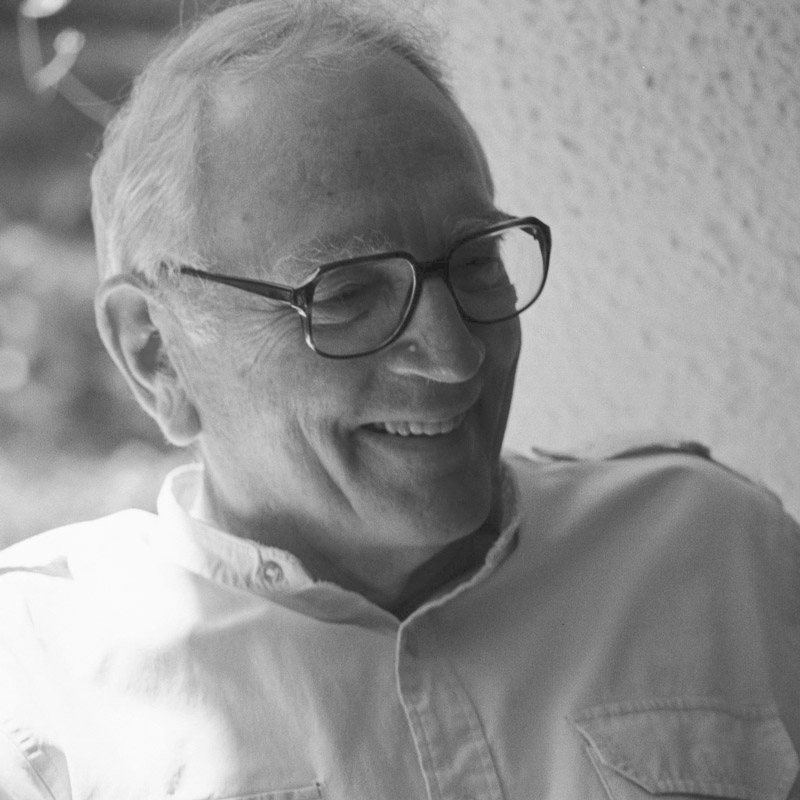In Memoriam: Paul Gaston
UVA history professor fought for civil rights
Paul Gaston, influential UVA professor of history and civil rights activist, died June 14, 2019. He was 91.
 Laura Branton
Laura BrantonAfter serving in the U.S. Army in South Korea during the 1940s, Gaston graduated from Swarthmore College and earned a master’s degree and Ph.D. from the University of North Carolina at Chapel Hill. In 1957, he began teaching at UVA’s Corcoran Department of History, where he taught for four decades and helped establish the Carter G. Woodson Institute for African-American and African Studies.
At UVA, Gaston helped challenge and shape the perspectives of many young white students at the University, encouraging them to examine the wrongs of the South and to think broadly about what the South might be in the future, says former dean of the College Edward Ayers, who taught alongside Gaston in the history department.
“He was unafraid to talk about those things during the 1960s when that was controversial,” Ayers adds.
Gaston excelled in acquainting UVA students with “the peculiar history of the South,” agreed Robert J. Norrell (Col ’74, Grad ’78), Gaston’s former student and now professor of history at the University of Tennessee, Knoxville. “Paul helped us to understand the implications of being a Southerner—both the good and the bad.”
In 1963, Gaston served as faculty adviser to a student group that invited Dr. Martin Luther King Jr. to speak at UVA, and he helped escort King on Grounds. Gaston’s 1970 book, The New South Creed: A Study in Southern Mythmaking, winner of the Lillian Smith Book Award for outstanding writing about the American South, “was one of the most important books published on that whole era,” Ayers says.
Gaston also traveled to South Africa multiple times during and after apartheid and helped bring civil rights leader Julian Bond to teach at UVA.
As a civil rights activist in Charlottesville, Gaston participated in sit-ins and protests, helped integrate restaurants in town, and worked to support African American leaders in the city.
His dedication to justice earned numerous awards and honors, including the Outstanding Faculty Award from the State Council of Higher Education for Virginia and the Legendary Civil Rights Activist Award from the NAACP.
“He was already a legend when I arrived [in 1980],” Ayers remembers. “He was much beloved by the students and admired by colleagues.”
Survivors include three children and two granddaughters.
—Carrie Madren